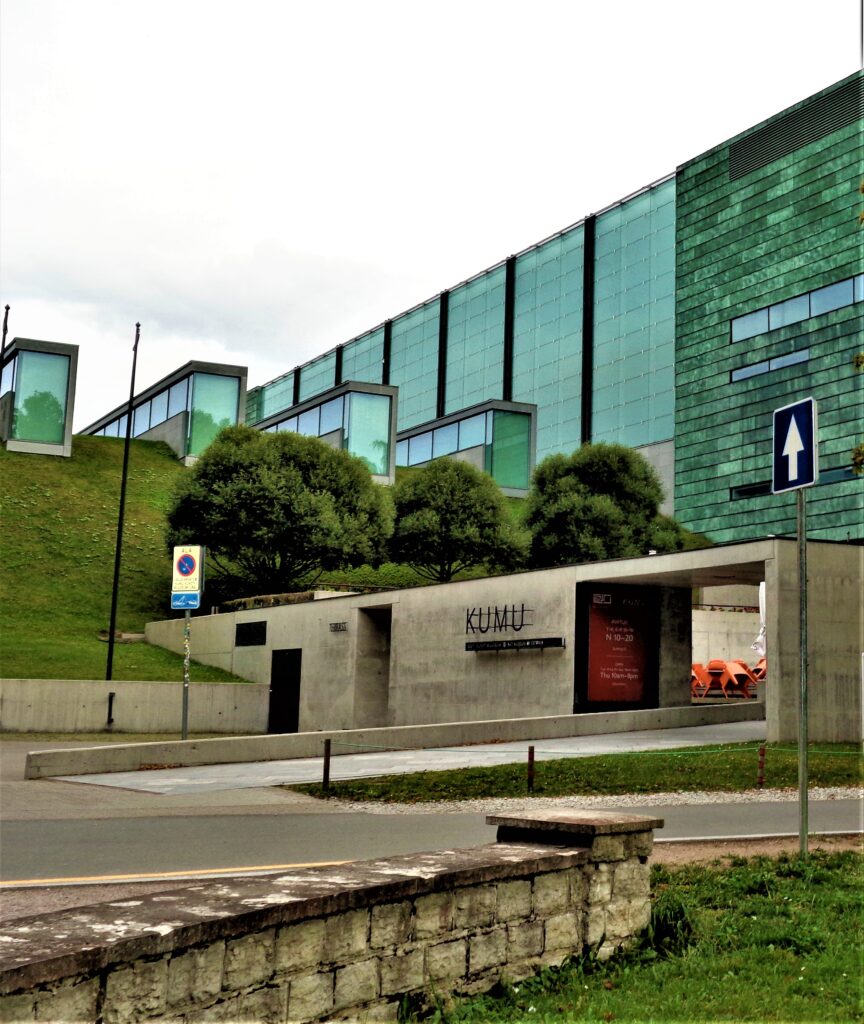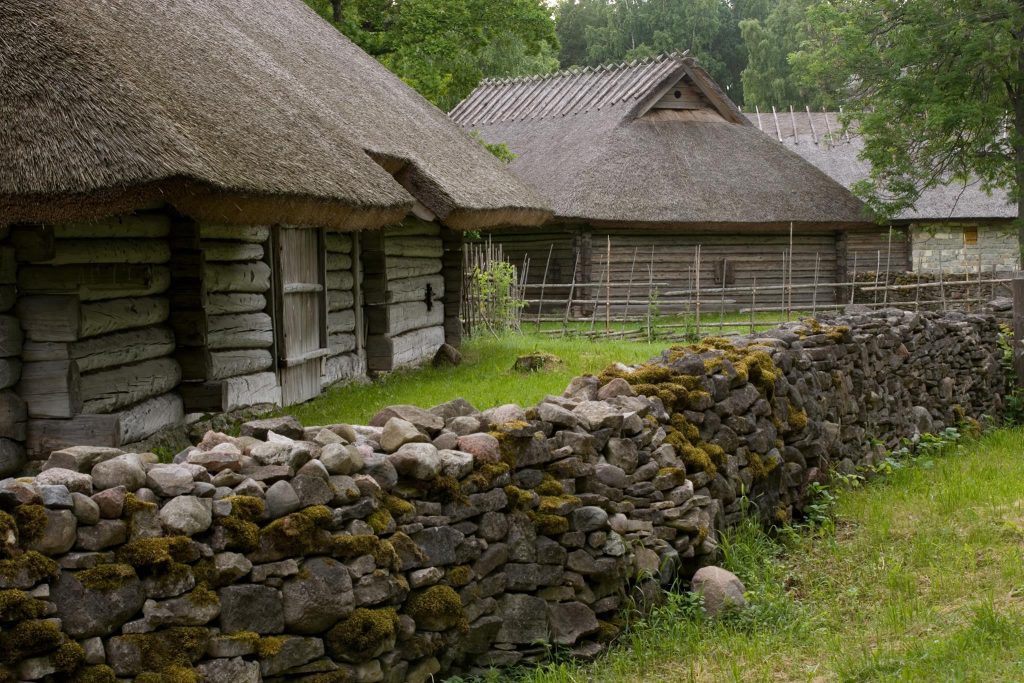Citizens of foreign countries who have arrived in Estonia with a long-stay visa, or the D-visa, can until the end of the year participate in free cultural events, within the framework of which counseling seminars supporting adaptation to Estonian life are also held.
The events, organised by the government-backed New in Estonia programme, will take place at the KUMU art museum, the Rocca al Mare Open Air Museum, the Estonian National Museum and elsewhere. In the past, tours with a practical workshop have been conducted in the Viinistu Art Harbor, the Anija Manor, the Tallinn Zoo and the Tallinn Music and Ballet School, for example.
During the day, in addition to the cultural experience, the participants will gain knowledge about how to adapt to Estonia and what circumstances to pay the most attention to. The programme covers topics such as the basics of the Estonian state and society, labour law and medicine. In addition, educational institutions are introduced and language support and various social state and third sector services are discussed.

To motivate people to participate in social life
Valeria Mihhailova, a programme coordinator at New in Estonia, said the idea of carrying out cultural events together with counseling seminars grew out of Kultuurisamm (the Culture Step) – a free educational programme run by the NGO Estonian Institute.
“Together, we discovered that is possible to show what is happening in the Estonian culture and motivate people to actively participate in social life. Such events give foreigners the opportunity to practice the Estonian language and find points of contact through culture that unite and inspire,” she said.
The culture programmes are offered until the end of the year and people can register for them on the programme website.
The activities are available for third-country nationals who have arrived in Estonia on a long-stay visa, or the D-visa. A D-visa may be issued for a period of stay of up to 365 days within 12 consecutive months and it allows to stay in other Schengen member states up to 90 days within a period of 180 days. In addition to citizens of third countries who come for the purpose of work, foreign students also arrive in the country on a D-visa. Most workers arriving in Estonia on the basis of a D-visa are Ukrainian, followed by nationals of Russia, Belarus, Moldova and Uzbekistan.

